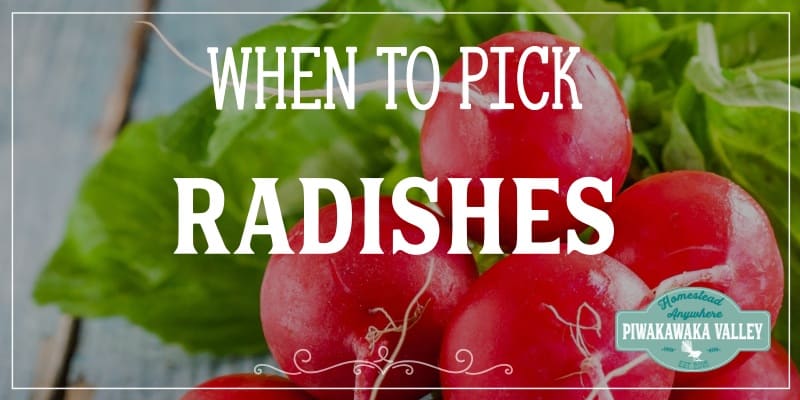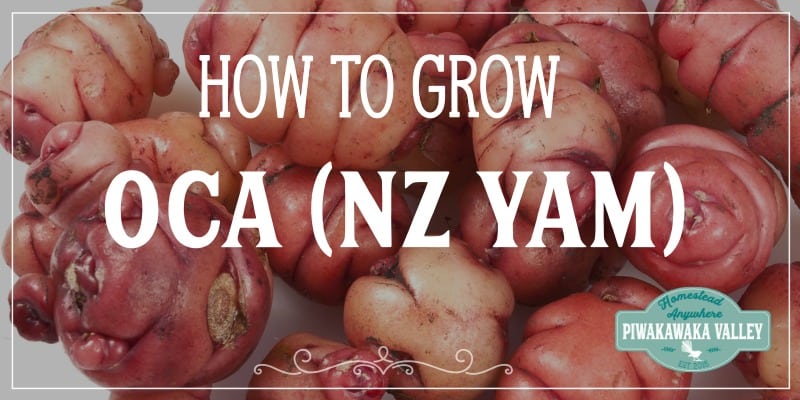This post was most recently updated on August 17th, 2021
Citrus are delicious and if you are lucky enough to live in a climate that is warm enough to grow them, you should give them a go! Yellow leaves on lemon trees is a common backyard gardening issue, but here are some great solutions for the common causes. Growing citrus isn’t always easy, especially while the plants are smaller and less established. There are some common complaints with homegrown citrus plants that are easily remedied once you know how.
Please read: This information is provided for educational purposes only and is not intended to treat, diagnose or prevent any disease. We encourage you to make your own health care decisions in partnership with a qualified health care professional.
This post contains affiliate links, this means at no extra cost to you, we make a commission from sales. Please read our Disclosure Statement
1. Black soot on the leaves, stems or fruit of citrus plants
This is simply a fungal disease known as ‘sooty mold’. It is actually a symptom of an insect infestation!
Usually the suspect is aphids or scale mites, both these bugs suck the sap from the leaves and leave a sticky, sweet residue known as honeydew behind.
This sticky mess then grows a black, sooty looking mold on top of it.
To treat sooty mold use a fungal spray or horticultural oil to kill off the insects, the mold will stop growing when there is no honeydew left. However, existing black marks will remain – you can wipe them off with a warm, soapy solution and a soft cloth.
I prefer to use our neem and garlic spray recipe for combating these sorts of bugs, I use it as a foliar spray regularly during peak aphid season.
RELATED: Winter salads you can grow all year
2. Black marks on the citrus fruit’s skin
This may be caused by a fungal disease called ‘brown rot’. Brown rot is common in warm but wet weather.
To prevent brown rot form occurring on your citrus trees and fruit, spray your trees with copper on a dry day early in the season. If your tree fruits year-round, spray your fruit tree early spring and early autumn.
If trees have dense foliage, pruning to allow more airflow and sun to the heart of the tree will help prevent it from happening as well.
RELATED: 40 bee friendly plants for your garden
3. Dry fruit with no juice
Citrus is supposed to be juicy! If your citrus fruit are dry and juiceless you may have been struck by a poorly timed frost.
Frost that occurs while the fruit is forming can cause damage to the baby fruit on the inside causing it to dry up or prevent it from ever developing juice filled vesicles.
To prevent dry fruit in your citrus plants, protect them at night with frost cloth or move them to shelter if they are in pots, until all risk of even a very late frost has passed. I like this stuff, it comes on a nice long roll!
RELATED POST: The benefits of mulching
4. Lemons with thick skins and lots of pith
How frustrating is it when you grab an orange or lemon, it looks amazing, only to cut it open and find it is almost all skin and pith and barely any actual fruit inside.
In some cases the thick skin can be blamed on the weather. Places with colder winters will grow thicker skinned fruit that in more mild areas.
Fruit from the shady side of the tree is often thicker skinned as well.
Sadly there is not much you can do about either of these issues, (except move somewhere warmer?).
Younger trees tend to also produce thicker pithed fruits, once the tree is more mature the fruit quality will improve.
Trees with a nutrient deficiency will also often have thick skinned fruits, so make sure you regularly apply a good citrus fertilizer.
5. Causes of yellow leaves on lemon trees (and other citrus)
Leaf yellowing in citrus trees cause a lot of worry in gardeners around the globe, citrus leaves are great at hinting at what might be wrong. A yellow leaf might be nothing to worry about, or it could be a sign of something that isn’t right with your lemon tree or lime tree.
There are several causes for yellow leaves in citrus trees, the most common question is about leaf yellowing on lemon trees, but other citrus can also be affected by this.
Hot and cold temperatures
Excessive sun exposure and cold temperatures can turn lemon tree leaves yellow.
Scorched leaves, which look bleached or have yellow patches, often appear only in parts of the tree facing the afternoon sun, whereas a cold snap affects leaves all over the tree.
Nutrient Deficiency
Nutritional deficiencies in citrus plants will cause yellow foliage.
Symptoms vary according to which nutrient is lacking.
- Nitrogen deficiency causes light green to yellow leaves all over the tree
- Magnesium deficiency appears as a yellowish-green blotch at the leaf base that spreads outward
- Zinc deficiency or iron deficiency will have yellow leaves with green veins.
This is a common cause of yellowing in leaves, and can be the root cause of many lemon tree disease. The best remedy is a simple one – feed your plant a balance citrus food regularly.
Disease
Yellow citrus tree leaves can be a sign of disease. A lemon tree growing on poorly drained soil can develop Phytophthora root rot , which causes pale green to yellowish leaves.
Citrus greening is another disease that can affect a lemon tree, and its symptoms include yellowing of the tree’s leaves on just one part of the tree and asymmetrical yellowing on individual leaves.
Salty Soil
Most citrus trees can’t tolerate excessively salty soil. This can occur in areas close to the ocean, or in places where an excess of salt-based fertilizers have been used.
Symptoms include leaves turning yellow, bronze or brown from the tip toward the stem and drop early in the year. An affected tree will also have stunted growth.
Boron toxicity
This causes mottled or yellow leaves, spotting on the undersides and premature leaf fall. In severe cases twigs also die back.
RELATED: How to improve your soil
Bugs
Sap sucking bugs can make the plants leaves turn yellow, if you see any sign of them, give them a weekly spay of neem oil and garlic spray and you will soon be rid of them!
Citrus leaf miner leave a distinct squiggly pattern in the leaves. The adult is a tiny, night flying moth. The damage to the citrus tree is actually done by the larvae.
Citrus leafminer eggs are laid on new leaves where they hatch and tunnel or mine their way through the leaves leaving a squiggly, silver trail in their path. To control, use a horticultural oil, or an insecticidal soap.
5 Reasons your Citrus Plants Might be Struggling
Keep your lemons, oranges and limes happy with these tips on plant health and common troubleshooting issues with citrus plants.
If you would like help getting the most out of your garden, I would love to help you, find out more here
RELATED: Free Gardening Resources
If you like tips on frugal living, self sufficiency and consuming less, sign up to our newsletter below, I would LOVE to have you
For further reading, I also recommend all of these books. I own every one of them and they are amazing resources!






























